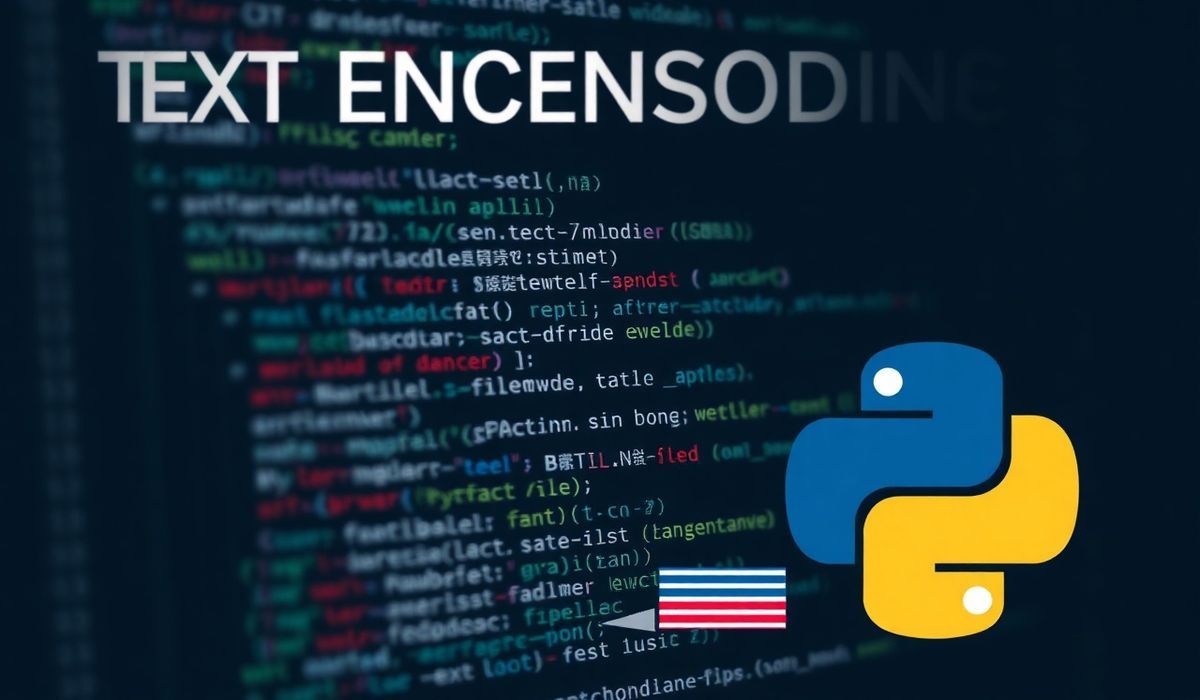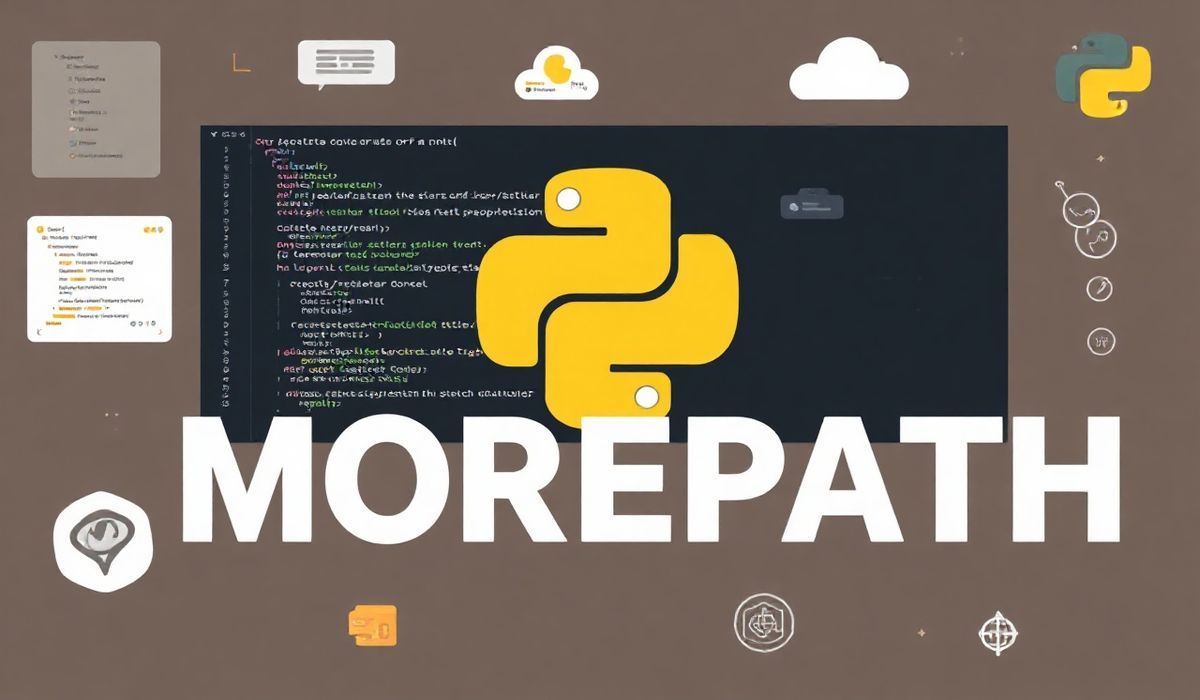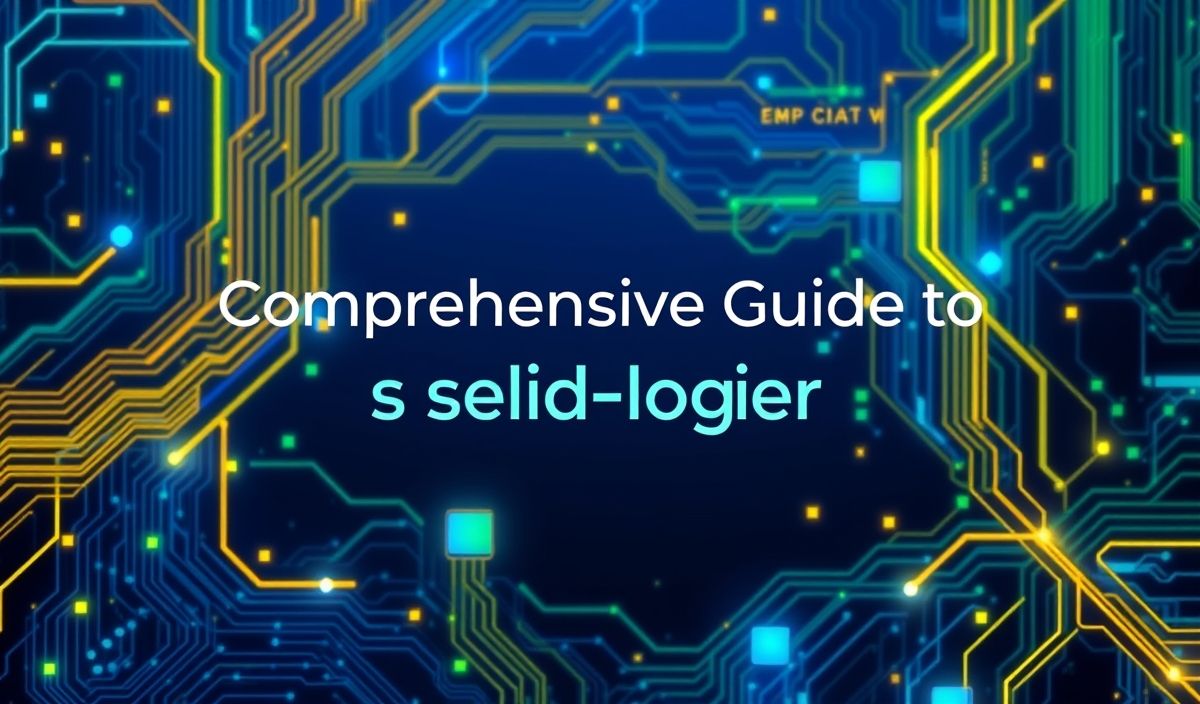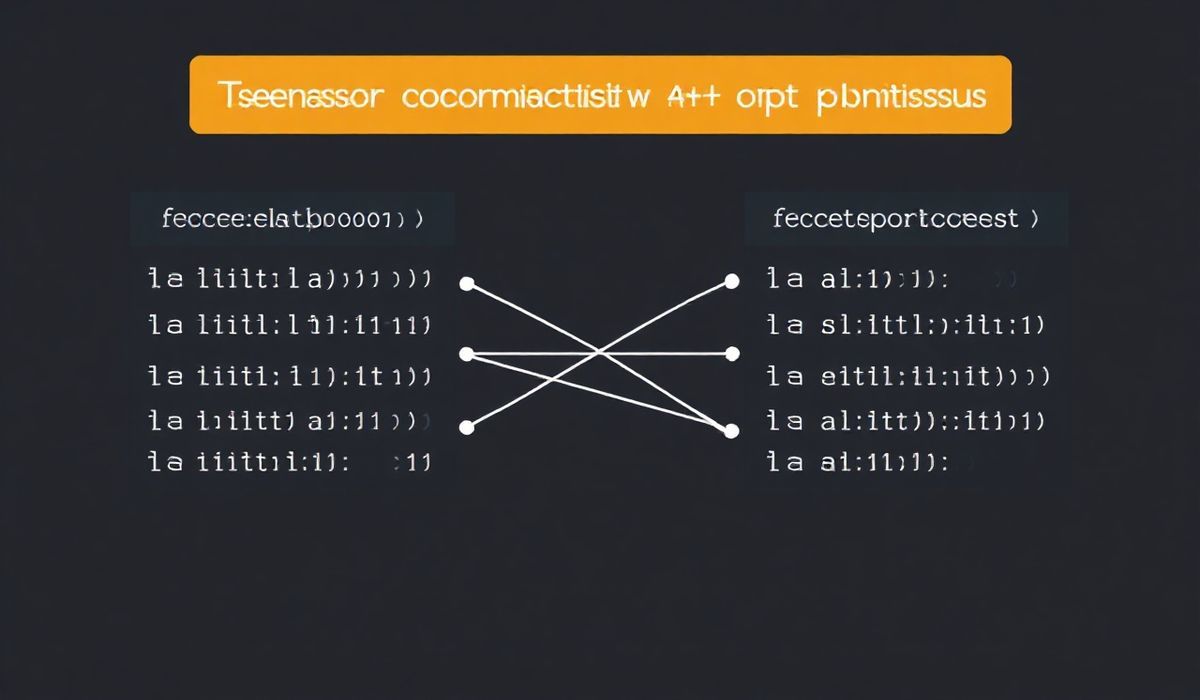Getting Started with Charset Normalizer
The charset-normalizer library for Python is an essential tool for working with text encoding issues. If you’ve ever struggled to decode ambiguous or corrupted text files, this library is a solution that simplifies encoding detection and normalization. Whether you’re creating multilingual apps or troubleshooting encoding errors, charset-normalizer offers seamless tools for text encoding.
Installation
To get started with charset-normalizer, install it using pip:
pip install charset-normalizer
Detect Encodings
One of the core features of the library is detecting text encoding. Here’s an example of how to use from_bytes to detect encoding:
from charset_normalizer import from_bytes
data = b'\xe4\xbd\xa0\xe5\xa5\xbd' # Example binary data
detected = from_bytes(data)
# Display the most probable encoding
print("Detected encoding:", detected.best().encoding)
Normalize Text Encoding
The library also helps normalize text to ensure proper encoding. Use the best method to convert text encoding:
decoded_text = detected.best().output
print("Decoded Text:", decoded_text)
Read and Normalize Files
Handling file encodings is simple with charset-normalizer. Below is an example of reading a file and normalizing its encoding:
from charset_normalizer import CharsetNormalizerMatches as CnM
with open('example.txt', 'rb') as file:
content = file.read()
results = CnM.from_bytes(content)
# Output normalized results
if results.best():
with open('normalized_output.txt', 'w', encoding=results.best().encoding) as normalized_file:
normalized_file.write(results.best().output)
Batch Normalize Multiple Files
The library can also process and normalize multiple files programmatically:
import os
from charset_normalizer import CharsetNormalizerMatches as CnM
directory = '/path/to/files' # Specify your directory
for filename in os.listdir(directory):
if filename.endswith('.txt'):
filepath = os.path.join(directory, filename)
with open(filepath, 'rb') as file:
content = file.read()
results = CnM.from_bytes(content)
if results.best():
new_filepath = f"{filepath[:-4]}_normalized.txt"
with open(new_filepath, 'w', encoding=results.best().encoding) as normalized_file:
normalized_file.write(results.best().output)
App Example Using Charset Normalizer
Below is a simple application that utilizes charset-normalizer to read input files, normalize their encodings, and save the normalized text files:
import argparse
from charset_normalizer import CharsetNormalizerMatches as CnM
def normalize_file(input_path, output_path):
with open(input_path, 'rb') as file:
content = file.read()
results = CnM.from_bytes(content)
if results.best():
with open(output_path, 'w', encoding=results.best().encoding) as normalized_file:
normalized_file.write(results.best().output)
print(f"File normalized successfully: {output_path}")
else:
print("Failed to normalize file.")
if __name__ == "__main__":
parser = argparse.ArgumentParser()
parser.add_argument("input", help="Path to the input file")
parser.add_argument("output", help="Path to save the normalized file")
args = parser.parse_args()
normalize_file(args.input, args.output)
With this script, you can provide input and output paths as command-line arguments to normalize text files.
Conclusion
The charset-normalizer library is a robust utility for managing encoding issues in Python. From encoding detection to text normalization, this package streamlines the process of handling character sets across various file types. By integrating charset-normalizer into your Python projects, you can ensure smoother and more reliable text processing.




